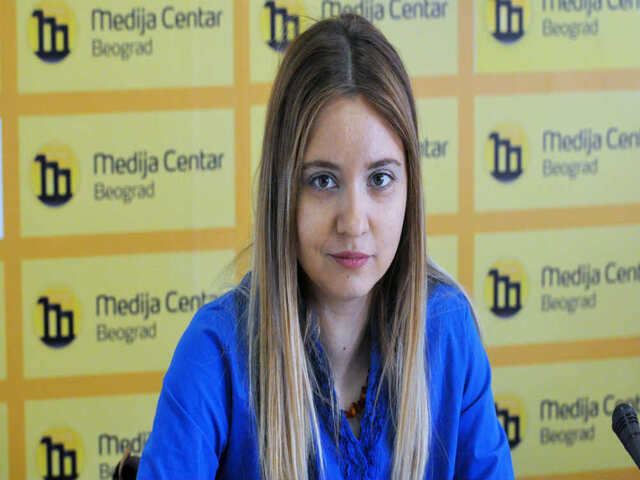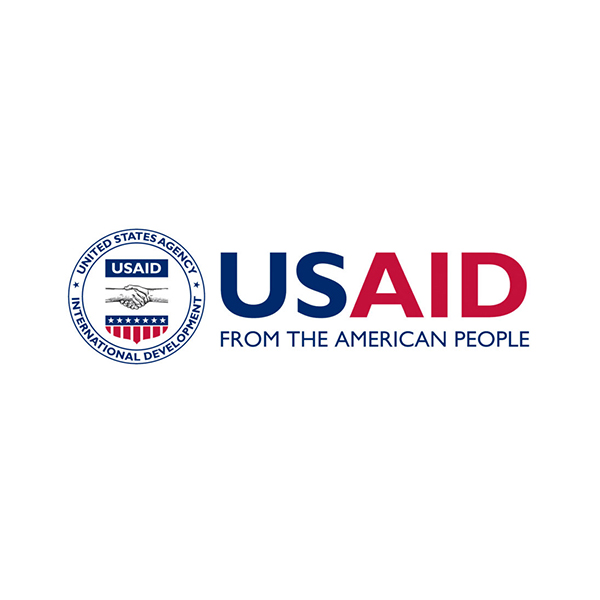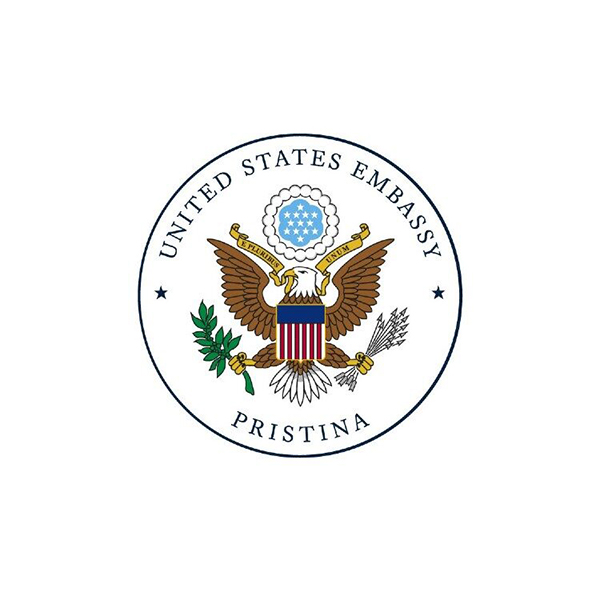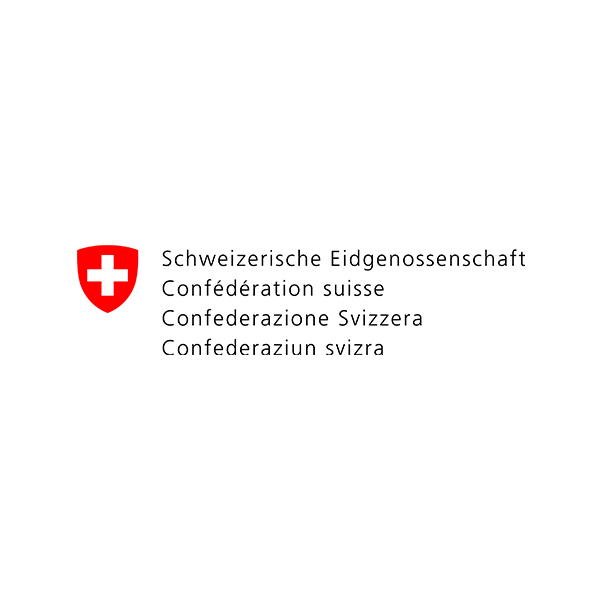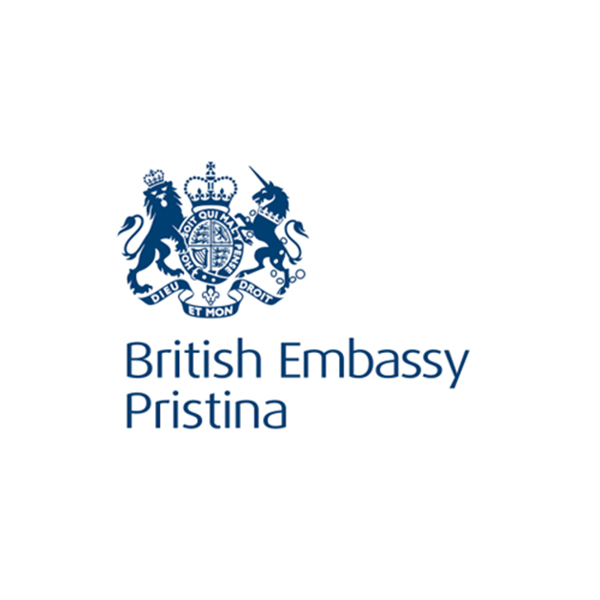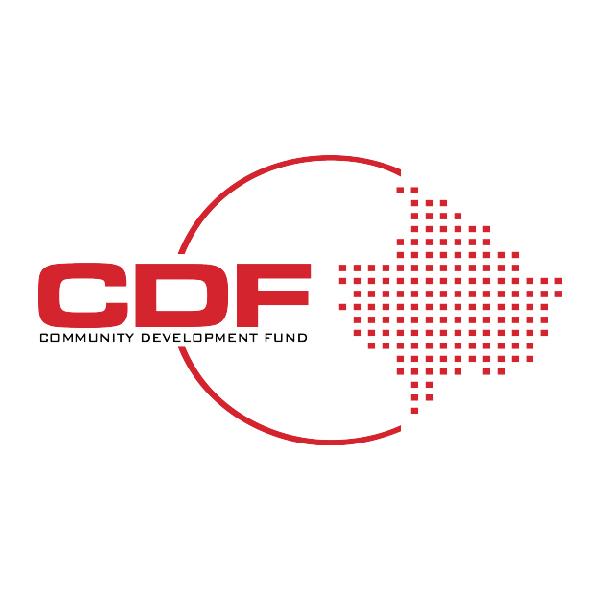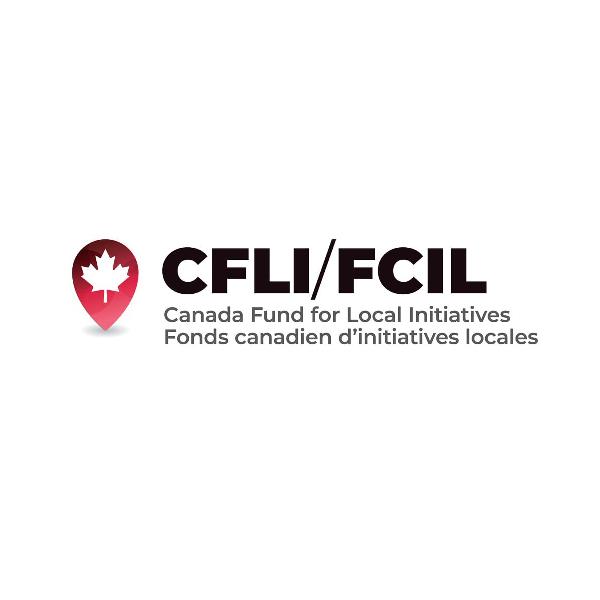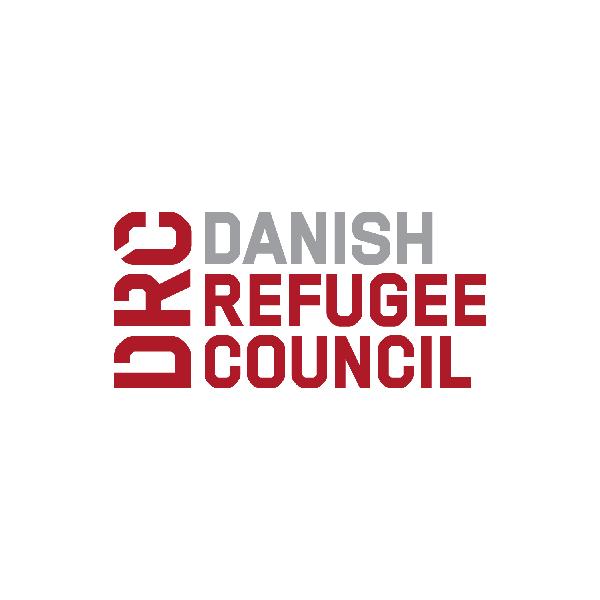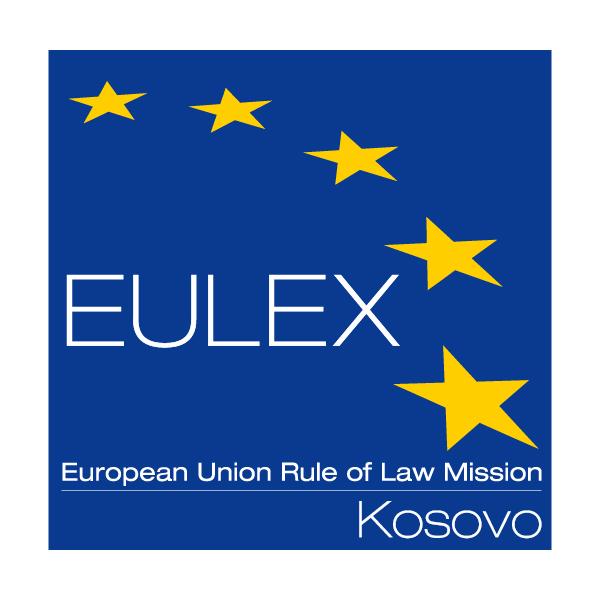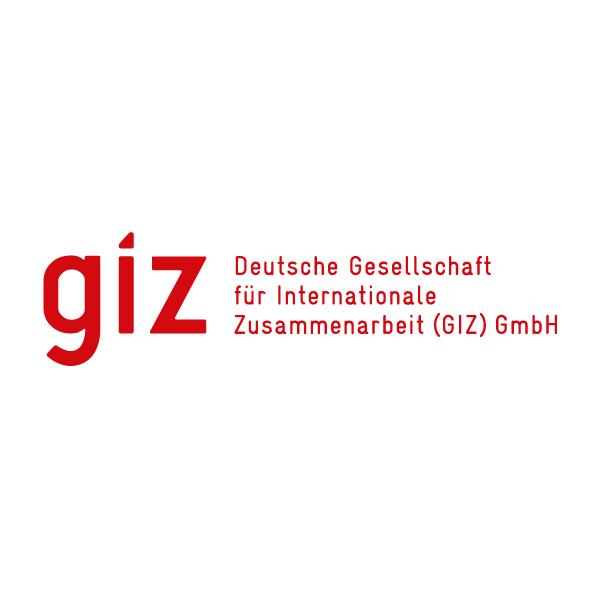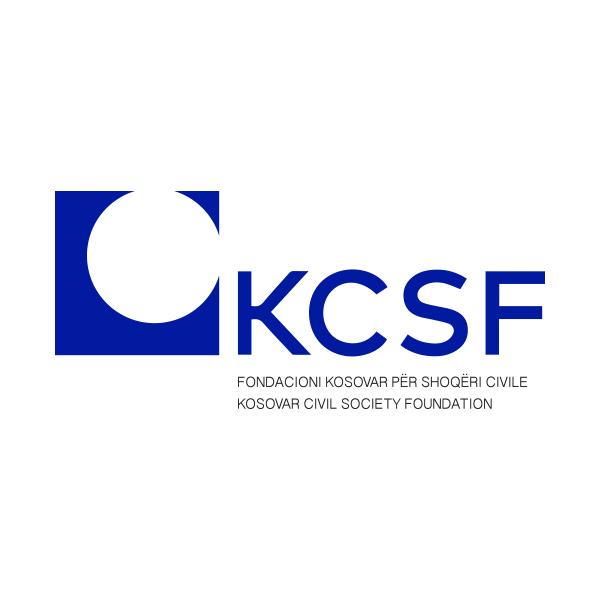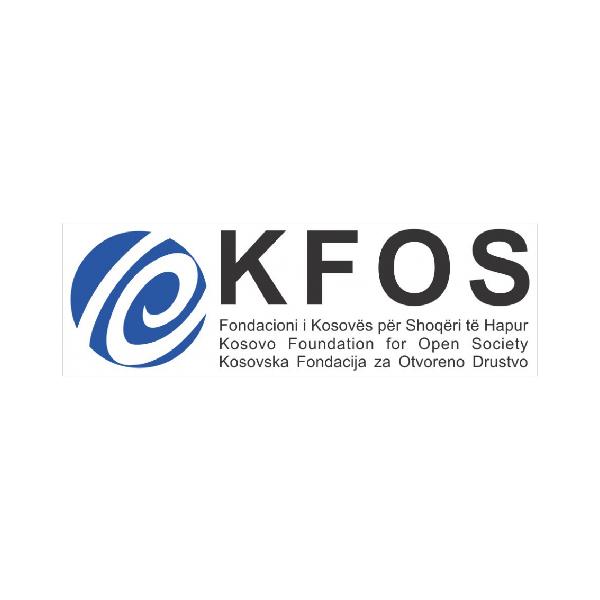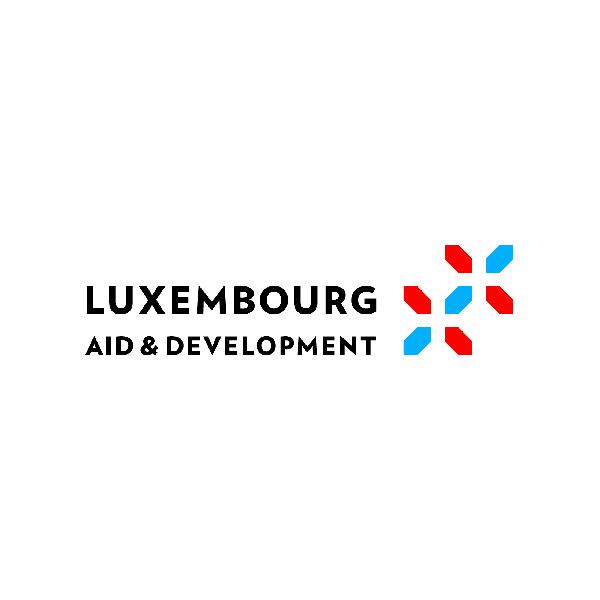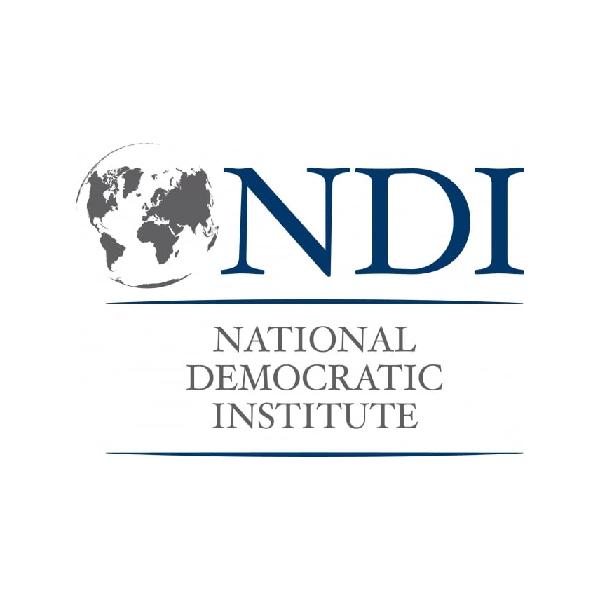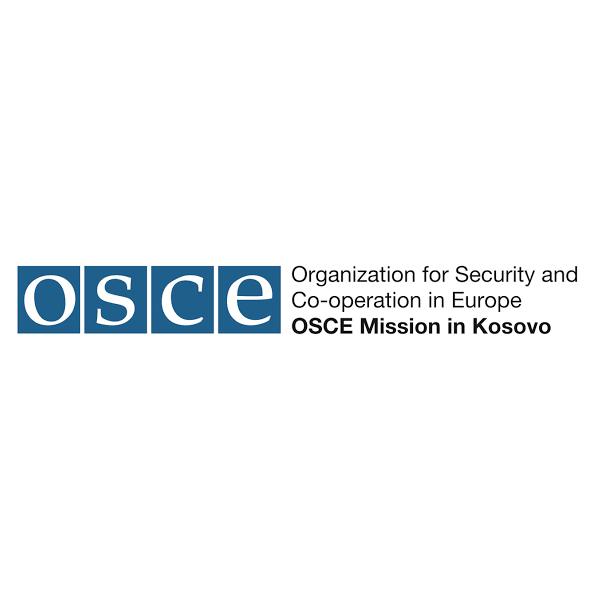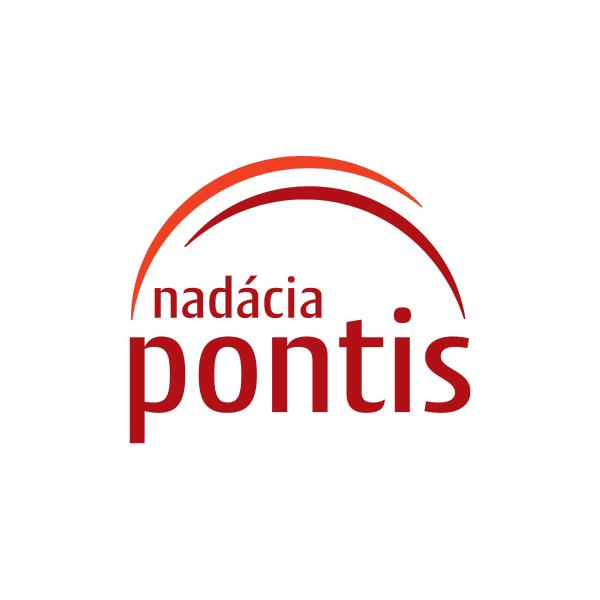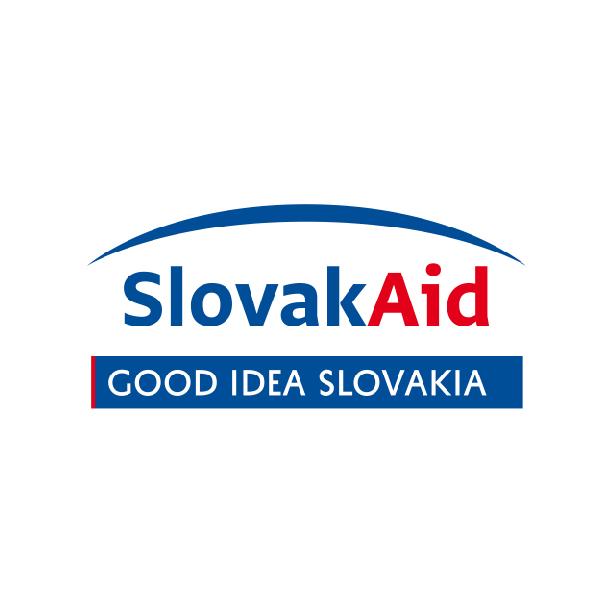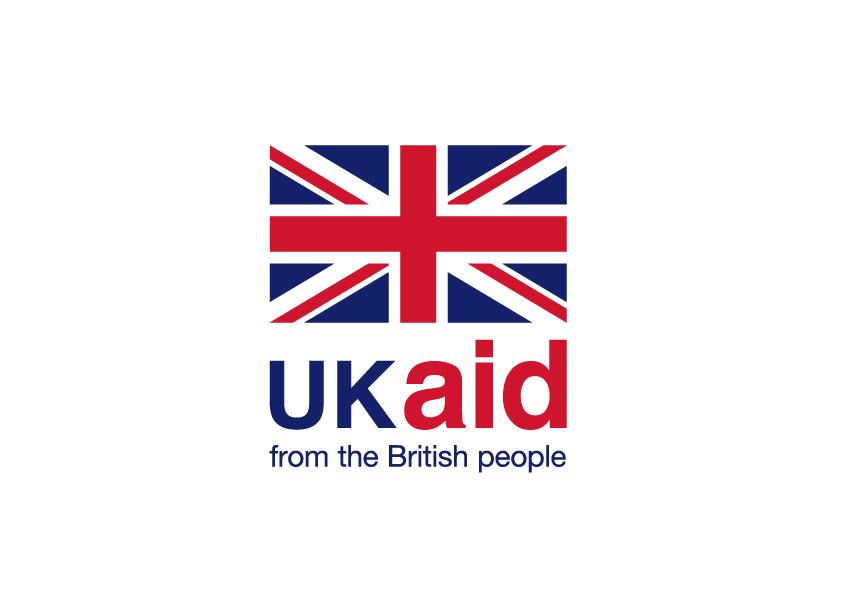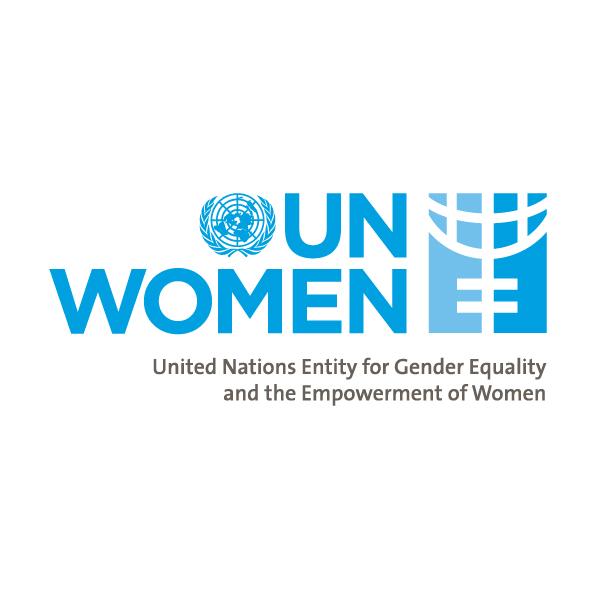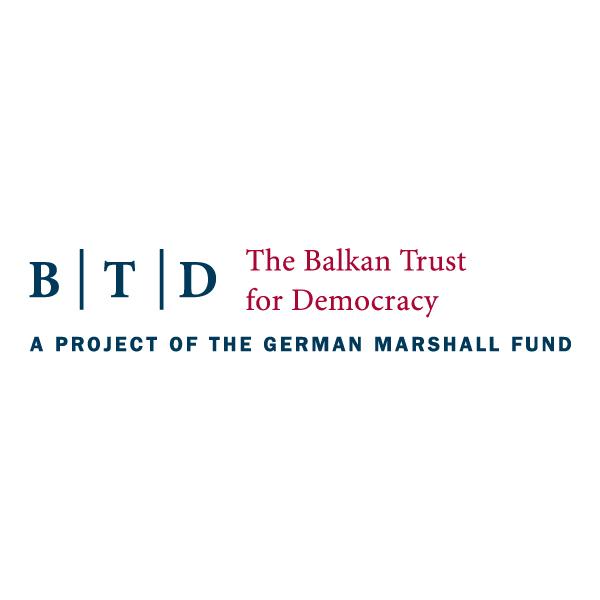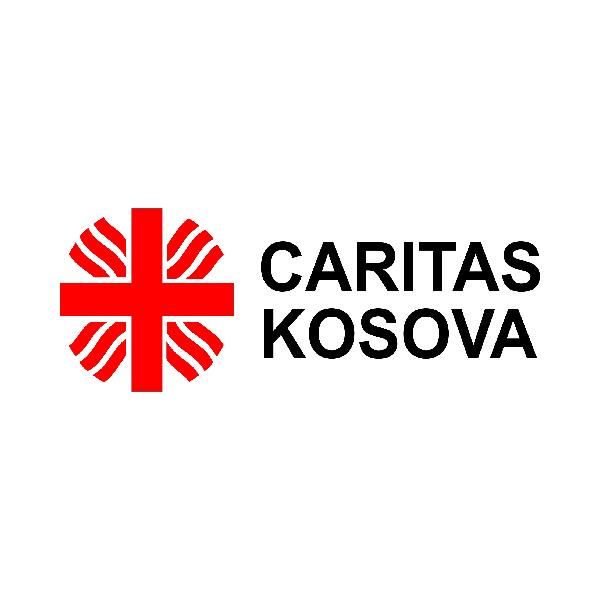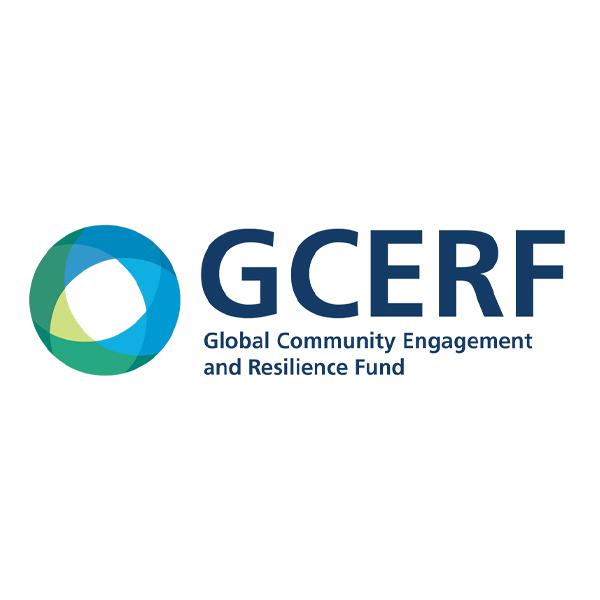Reporting on Kosovo without “cheering”, or “taking sides” and demagoguery, but by talking about the problems faced by ordinary people, is one of the principles of the daily Danas. Driven by the desire to hear “vox populi”, from both the Albanian and Serbian communities, a few years ago we launched a project called “The Other Side of Kosovo”. To date, several of us journalists have talked to about fifty interlocutors who are not politicians, and are originally from Kosovo or live and work in that area.
In “live” conversations, via e-mail correspondence or Instagram interviews, we “spoke up” about many topics – from the impact of “high politics”, such as the Brussels Agreement, on everyday life in Kosovo, through the ubiquitous security challenges, to issues such as poor communication and language barriers between Serbs and Albanians. Finding relevant “interlocutors” sometimes seemed like a Sisyphean endeavor, but my colleagues and I managed to fulfill such a task. In our endeavors, we were sometimes disappointed. To illustrate, some representatives of the media and NGOs from the start refused any conversation, citing, for the most part, distrust of the “Belgrade media”, which we mostly heard from Kosovo Albanians. Also, there were those we contacted who were enthusiastic that we were dealing with a “noble goal”, improving communication between different ethnic groups, but persistently postponed interviews with us, or said that they would “call when they finish some private or business obligations, no worries there”, and they never communicated with us again.
The common “thread” that connects interlocutors from both ethnic groups who kept their promise and answered our questions through various “channels of communication” is decency and courtesy. No matter how much they differed in attitudes, views, and hopes and no matter how different their views were at, say, the scope of the Washington Agreement or the Association of Serbian Municipalities, those with whom we communicated at different stages of the “Other Side of Kosovo” showed a sense of tolerance and high level of professionalism. My colleagues and I are very grateful to them for that. Politicians from Belgrade and Priština, who participate in talks in Brussels, should adopt exactly such mutual communication, instead of often resorting to “inflammatory” rhetoric. Such rhetoric and the “accusation game” of negotiating officials may appeal to the public “on both sides”, but at the end of the day igniting verbal fires only complicates the already thorny path to finding a final solution to what is called “normalization of relations” in bureaucratic vocabulary, and in practice, it should lead, if not to historical reconciliation, then at least to better understanding and greater cooperation on issues of mutual interest, such as economics.
During the work on the “Other Side of Kosovo”, especially when we broadcast live interviews via the official Instagram page of Danas, we were often hit by the most mundane and pejorative comments of some visitors, who insulted and cursed us journalists and our interlocutors from the spheres of culture, civil sector or media, calling us all the most derogatory names. However, we persevered stoically, as Miroslav Antic would say: “we should persevere in life with the smile of a flight attendant who knows that something is wrong with the plane” – as well as those with whom we from Danas talked, without entering the “clinch” at any moment nor by “descending to the level” of those who, instead of the language of tolerance, know only the language of insults, contempt, and hatred. On the other hand, there were praiseworthy comments and support, which, of course, meant a lot to us, because it reassured us that there are people who recognize and appreciate Danas’ efforts to promote positive values such as good neighborly relations, respect for diversity and peace.
“The other side of Kosovo” is not the only column in which we dealt with this important topic. On the contrary. In our daily work, we have been trying to follow the mentioned topics for several decades. The political establishment in both Belgrade and Pristina largely avoids answering Danas’ questions. Both generally remain “unreachable, mute and distant”, but we are doing our job – trying to uncover the “background” and anticipate possible “scenarios” for issues such as, to name just one, a feasibility study for Lake Gazivode. As one of my colleagues said: “We’re silent and we’re working hard, so we are not good for the authorities who want obedient media, but in the end, we publish information that turns out to be accurate, and we publish it, no matter how much they bother any side.”
“Let’s take, for example, my case”, to use that famous sentence of the great of our literature Duško Radović – I have been writing texts about Kosovo for years, and sometimes it is difficult to “mine” any information, but I do not intend to give up, probably because of stubbornness, which has been a characteristic of me since early childhood. Rather, however, it will be that I “cover” this topic out of the desire that by the end of my working life, as the English would say “better sooner than later”, I finally see in practice the so often mentioned “normalization of relations”. I may be a naive optimist, but I will not stop hoping (although the Chinese have a proverb: “He who feeds on hope, dies hungry”) that Belgrade and Priština will find a common language, no matter how much both of them pull in opposing directions. Such an agreement would be useful to ordinary people from the very beginning of this story. I would like all ethnic communities in Kosovo to get full rights and freedoms in practice – the freedom to move, to study in their own languages or in a language of their choice, to get a job, to be treated, to be culturally uplifted… In a word – that everyone in Kosovo lives a life worthy of a human being.
In the coming months, I will continue, among other things, to follow the Brussels negotiations between Belgrade and Priština, including those at the highest political level. I am not optimistic that “great achievements” are possible in that process this year, but, again, “this is the Balkans here”, that is, miracles have always been and remain possible in our region. After all, who would have been willing to believe eight or seven decades ago that the French and Germans would cross the path from bloodthirsty enemies to close associates? Therefore, I want to believe that a “sustainable solution” to the Kosovo issue will be found, just as Charles de Gaulle and Conrad Adenauer once signed the Elysee Treaty of Friendship between France and Germany.
P.S. You have noticed, perhaps, that not a single politician, neither from Belgrade nor from Priština, was mentioned in this text. I deliberately resorted to that non-mention because the point is that the justified wishes of the people, such as the mentioned rights and freedoms, at least briefly get the main word, since the voice of politicians is anyway heard every day and is quite vociferous.
The author is a journalist for the political section of the Danas newspaper, in which she has been employed since 2007.

